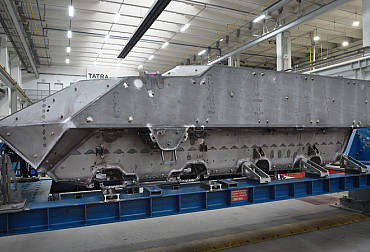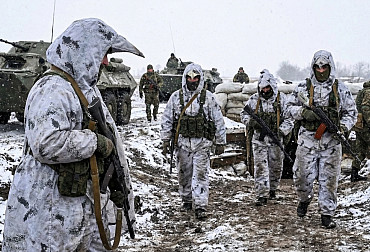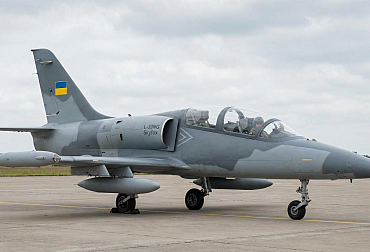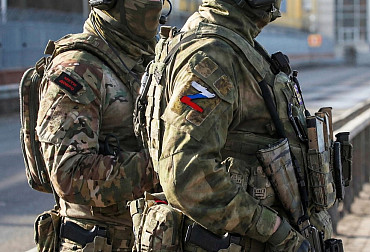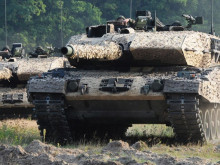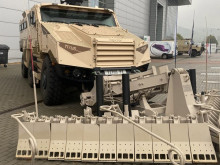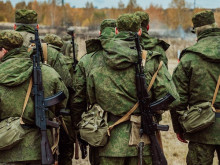The year of war: a stress test also for the defence industry
A year has passed since the Russian invasion of Ukraine, which is an opportunity to assess its impact on the Western defence industry. General Christopher Cavoli, Commander-in-Chief of the North Atlantic Treaty Organization's Forces in Europe (SACEUR), made this point in his address at the Rikskonferensen Swedish Security Conference in Sälen in January. According to him, the scale of the war in Ukraine is simply unimaginable and has completely surpassed NATO's previous ideas. This includes the capabilities of the defence industry.
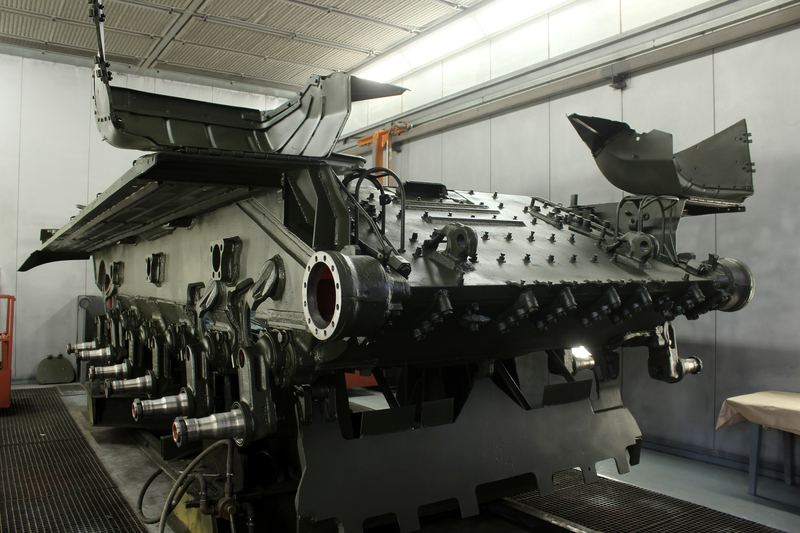 Picture: According to General Cavoli, the scale of the war in Ukraine is unimaginable and has completely surpassed previous NATO imaginations, including the capabilities of the defence industry. (illustration photo) | Shutterstock
Picture: According to General Cavoli, the scale of the war in Ukraine is unimaginable and has completely surpassed previous NATO imaginations, including the capabilities of the defence industry. (illustration photo) | Shutterstock
A few statistics illustrate this. The number of Javelin missiles delivered to Ukraine by August 2022 represented seven years of US production. By January 2023, the U.S. had delivered one million rounds of 155mm caliber ammunition to Ukraine, which "cleared" warehouses. The Financial Times reports that Ukraine fires 5,000 rounds of this ammunition per day, the orders of a smaller European country in one year (for comparison, the Russians used 20,000 artillery rounds per day on the Ukrainian front). Also by January, the Americans had supplied the Ukrainians with 38 HIMARS systems. The manufacturer - Lockheed Martin - has been producing 48 of them a year, and this year it will increase that to 60, and it will reach the number of 90 units in two years.
General Cavoli made a clear conclusion: a large-scale and intense war such as the one in Ukraine now needs an adequate defense industry capable of supplying weapons and other materiel in the required quantities. And this faces problems.
This is probably one of the taxes of the so-called peace dividend - the reduction of military budgets and defence capabilities after the end of the Cold War. Cavoli therefore stressed that "a well-functioning and flexible industrial base is as important as the strength of the troops." Creating or rebuilding it will not be easy, even in the face of global market risks. Problems such as supply chain bottlenecks created during the pandemic, lack of production capacity and also raw materials are all hindering the growth of arms production. This is illustrated in the case of explosives: the compounds for gunpowder have to be imported mainly from Asia. The fact is that demand for some components for the manufacture of weapons and ammunition is so high that delivery times have increased from a few months to several years. A number of companies want to hire more workers to cope with the increase in production, but this is difficult after the pandemic.
However, there are already positive signs of an intensification of arms production across Europe. For example, Rheinmetall, Germany's largest arms manufacturer, announced in January that it would build a new explosives factory in Hungary to address the shortage. For its part, BAE Systems, a major supplier to the British armed forces, has signed a contract with the armed forces to supply munitions for the next 15 years. However, it is still waiting for a contract to increase production to cover current supplies to Ukraine.
France is not lagging behind. It has already announced that it will cooperate with Australia on the joint production of 155 mm ammunition. On the French side, Nexter will be responsible for this. This may be a reaction to the recent statement by French President Emmanuel Macron, who said that France will produce as much artillery ammunition in a year as Russia consumes in a week in Ukraine.
The newly elected Czech President Petr Pavel also advocated strengthening the defence industry's capabilities at the Munich Security Conference in February, stressing that he considered this a necessary investment in the country's defence. Given the above-mentioned realities of the European arms market, it is evident in this context that the ability to produce weapons, even in a wide production spectrum, together with the provision of relevant services – exemplified in the Czech Republic by the Czechoslovak Group holding in particular – contributes to increasing the defence capability of the country and, consequently, of the entire North Atlantic Alliance.
The year of the war in Ukraine proved this to be true. And it is to be expected that, in view of the expected negative development of the security situation in Europe and the world, the examination of the defence industry's ability to create a "rear" for the Alliance's armies will continue in the coming years.











